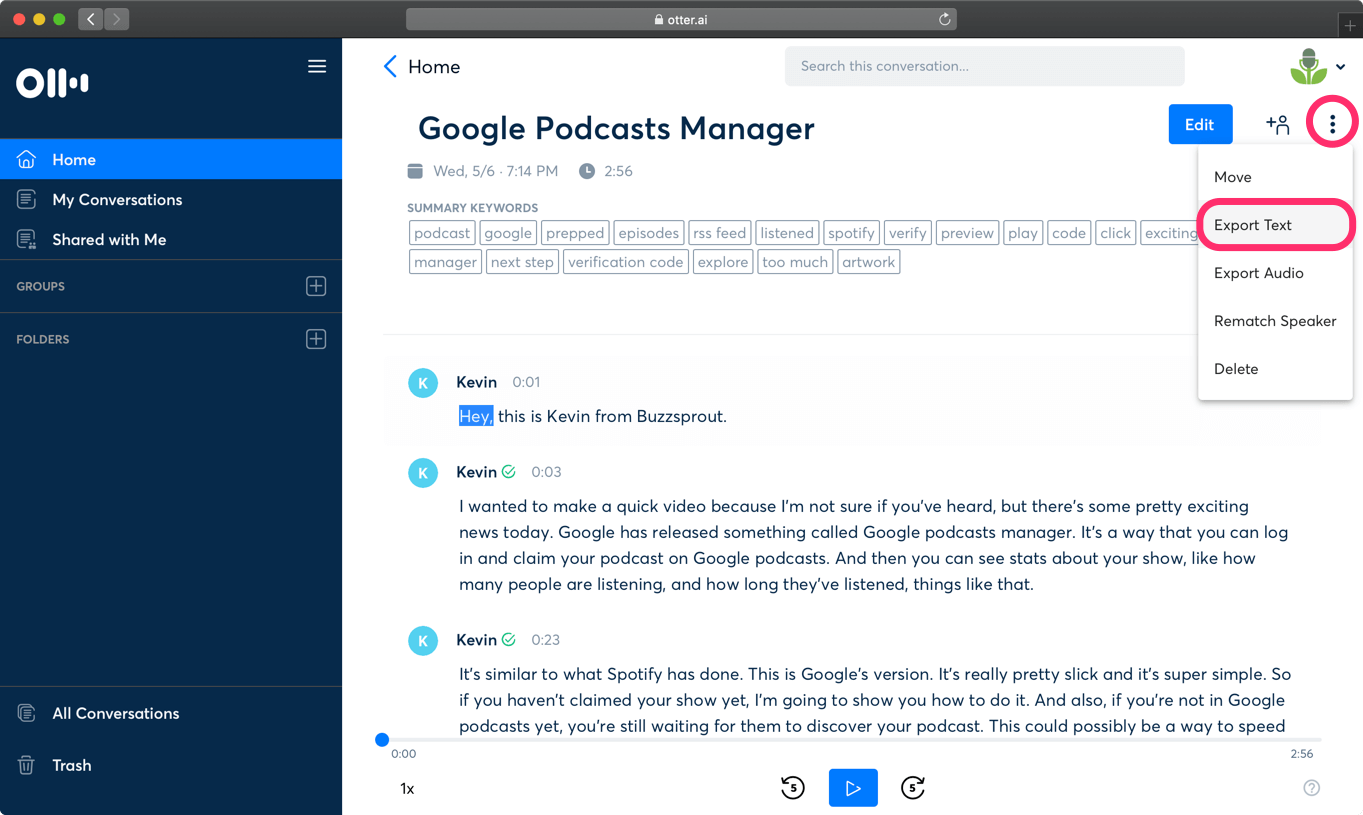

S2: And he has this chart that very clearly shows that the more that a particular piece of content gets close to being violated content. It’s something Mark Zuckerberg himself wrote about in a post in twenty eighteen. The more controversial something is on Facebook, the more people click on it. S1: But there is a problem with this equation. And that’s how it’s sort of like cranked up engagement more and more and more over the years. And now you machine learning algorithm to figure out what the patterns are so that you can show this person the content that they will most engage in, or the ad that they will most likely to click on or the group that they will most likely join. To try and amp up engagement and when machine learning came in, they didn’t just have design tricks at their disposal anymore, the machine learning algorithms learned that you just feed it all of this data and say, like, here are all of our users here, all the pages they liked here, all the words that they’ve posted and images that they’ve liked and friends that they have. They were already using different design tactics. What’s interesting is this was happening before I was introduced to the organization. If they can very precisely figure out what each individual user is most likely to engage in and then personalize and tailor their news, feed their ads, their recommendations to their preferences, they’re just much more likely going to comment like share that stuff. But Mark Zuckerberg first love was growth, and his second love was that engagement, because engagement helps foster that growth. S2: You made a really important distinction in your question, which is that engagement and growth are actually two separate things and people often conflate them. I was just thinking about like all of these things and being like, I just want to understand how how Facebook affects us through the lens of a guy. It affects the culture of our research, the trajectory of our research. It has produced all of these things that are consequential to our society. A little known facts that people rarely talk about is Facebook was the one that invented a high powered facial recognition. It has collaborations with all of these universities. And it’s also just it has its tentacles everywhere. I’m not really sure how it relates to Facebook as a product. There is like lots of conversations that are happening right now about just the influence of tech giants on the creation of science, like the production of knowledge.

So I thought at first that I would be writing about how Facebook I had become so powerful and influential. I it’s expensive to hire people that can do I. They’re the ones that get to do the cool stuff. S2: In terms of the way that the EHI reporting landscape works, a lot of the stuff that I cover comes out of big tech companies because the big tech companies are the ones that have the money.


 0 kommentar(er)
0 kommentar(er)
